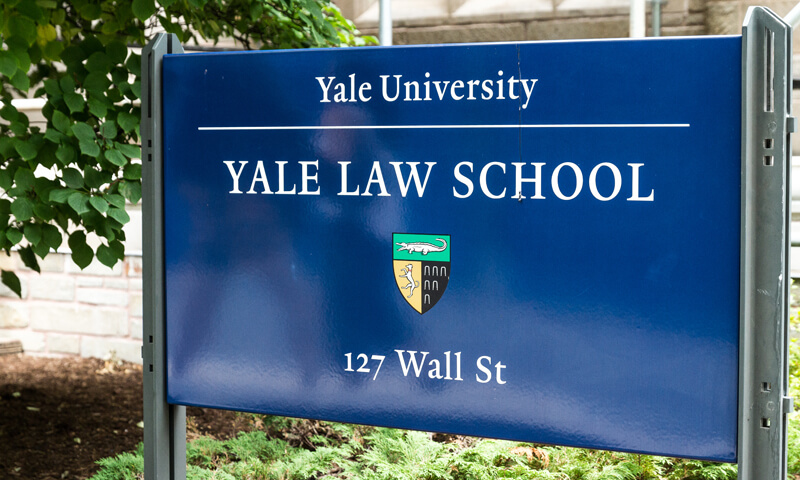
For the last 21 years only law firms in the Washington DC area have been allowed to include non-lawyer shareholders and partners, while the rest of the country has said “no” to non-lawyer ownership of law firms and hung on to a situation that stifles the growth of new styles of practice.
Even large law firms like Dewey are unable to include investors on their board and as a result run up to hundreds of millions in debts. Legal contingency funding companies continue to operate at 40 percent interest providing much needed litigation capital to lawyers. Multiplying costs resulting from debts are translated on to litigants simply because the situation does not allow including those funders into law firm structure as internal stakeholders, but remain as external creditors.
All these questions are to be mulled by the ABA in the coming meetings that may change the practice of law firm entrepreneurship and ways of infusing capital and management practices for start ups and small firms as well as for big law.
A working group within the ABA Commission on Ethics, co-led by George Jones, a partner at Sidley Austin, has recommended a limited type of non-lawyer ownership allowing investors to hold stakes and shares in law firms.
According to a draft letter on the issue published by the commission asking for opinions from bars across the country, “Small firms in particular are increasingly interested in having non-lawyer partners … These firms believe that there is or will be client demand for the legal services that firms with non-lawyer partners are well-positioned to provide.”
But then what will happen to the feudalistic and dynastic ownership of court practice by big law that pressurizes out competition by sheer weight?
If we go by experience of the past hundreds of years, big lawyers and big law firms are all going to say “nay” to such preposterous proposals that may level the playing field and radically change the nature of competition in the ‘hallowed grounds’ they have fortified against ‘middle class intrusion’ for centuries. As any young lawyer without family connections in the legal community knows well enough, when you walk into court for the first time ‘without lineage’ you are received as an ‘uninvited guest in a private party.’
Is that truly going to change?
Questions are already being raised. As Jamie Gorelick, a partner at WilmerHale who co-chairs the commission told the media, “Traditionally, law firms have been owned and controlled solely by lawyers, and they’re bound by a certain regulatory structure … the concern is that a non-lawyer would not be similarly bound and doesn’t have the same ethical rules as lawyers.”
Wow, ‘ethics!’ and ‘tradition.’
How do in-house lawyers in multinational corporations maintain their professional ethics then?






































